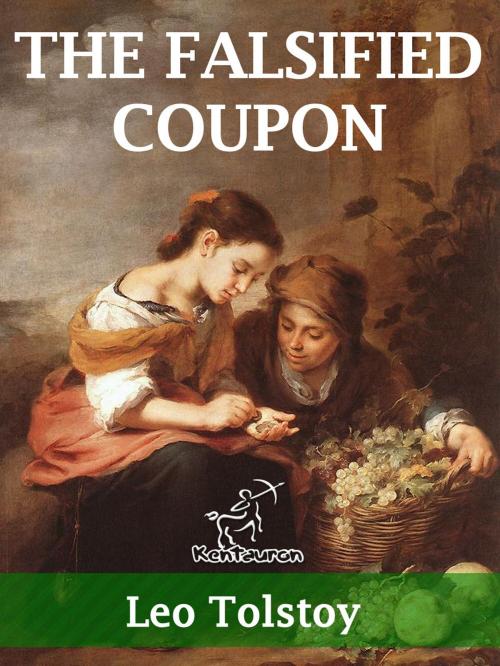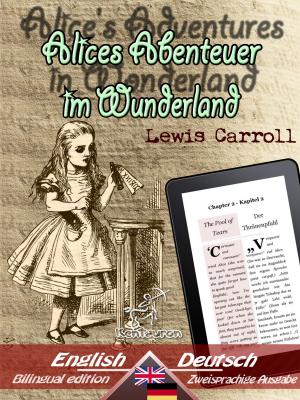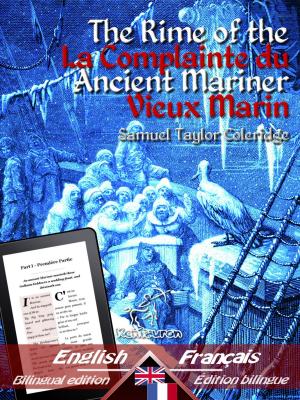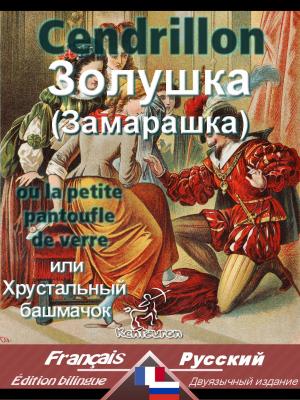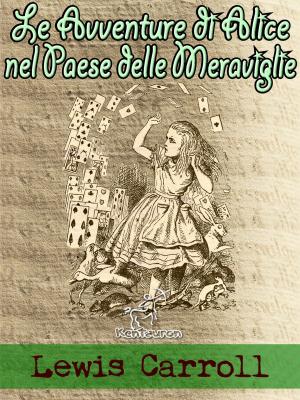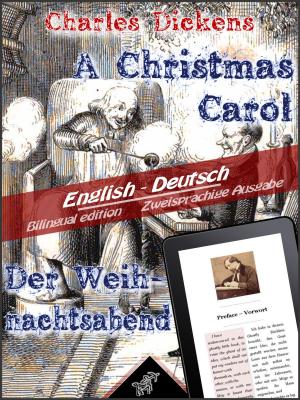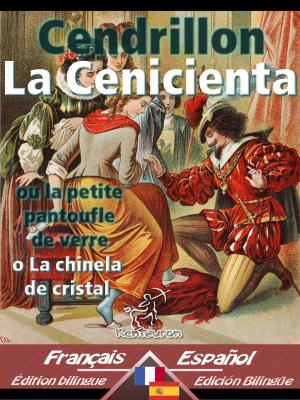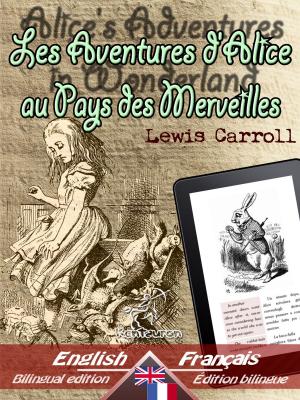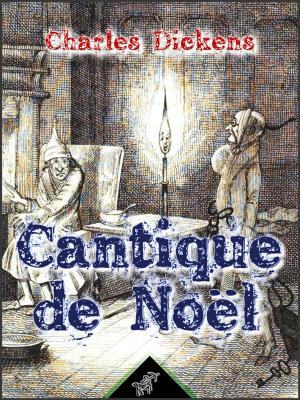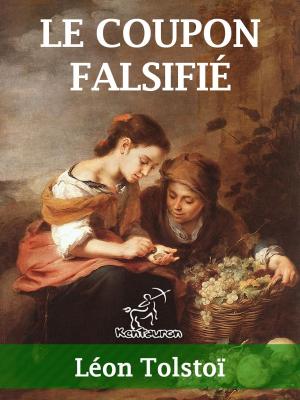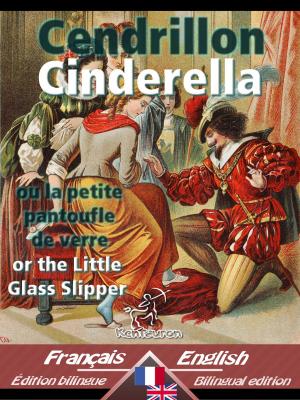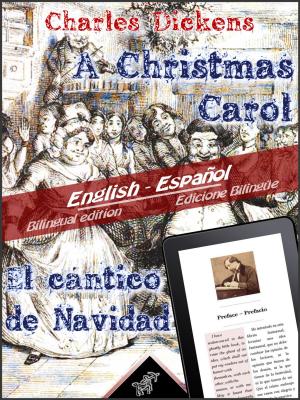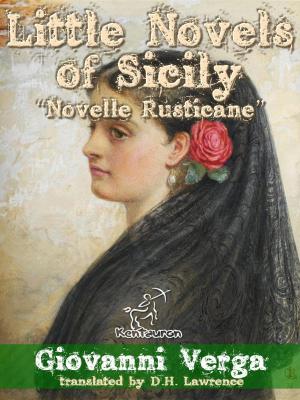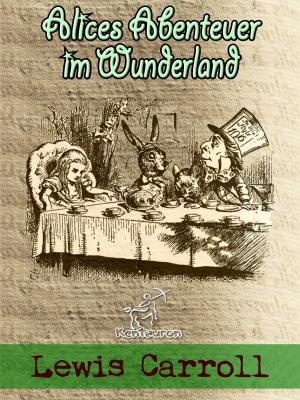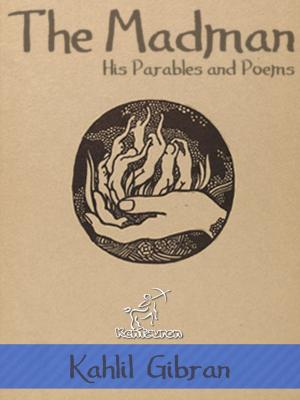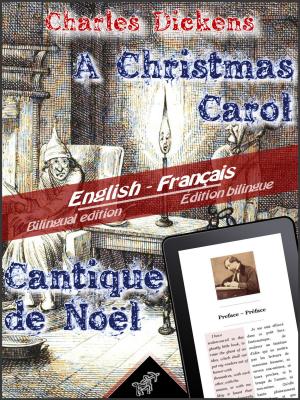| Author: | Leo Tolstoy | ISBN: | 9781988113074 |
| Publisher: | www.kentauron.com | Publication: | January 11, 2016 |
| Imprint: | Kentauron | Language: | English |
| Author: | Leo Tolstoy |
| ISBN: | 9781988113074 |
| Publisher: | www.kentauron.com |
| Publication: | January 11, 2016 |
| Imprint: | Kentauron |
| Language: | English |
“Since you judge, it means obviously that you don't know”
The Falsified Coupon (Russian: Фальшивый купон) is a novella in two parts by Leo Tolstoy. Though he first conceived of the story in the late 1890s, he did not begin writing it until 1902. After struggling for several years, he finally completed the story in 1904; however, it was not published until some of Tolstoy's shorter works were collected and anthologized after his death in 1910.
The story is divided into two parts. In Part I, schoolboy Mitya is in desperate need of money to repay a debt, but his father angrily denies him assistance. Dejected, under the instigation of a friend Makhin, Mitya simply changes a 2.50 rouble bond coupon to read 12.50 roubles, but this one evil deed sets off a chain of events that affects the lives of dozens of others, when his one falsehood indirectly causes a man to murder a woman at the end of Part I, and then seek redemption through religion in Part II.
Having written the novella in his dying years, after his excommunication, Tolstoy relishes the chance to unveil the "pseudo-piety and hypocrisy of organized religion." Yet, he maintains an unwavering belief in man's capacity to find truth, so the story remains hopeful, especially in Part II, which shows that good works can affect another as in a domino effect, just as evil does in Part I. The novella has also been translated with the title "The Forged Coupon", "The Counterfeit Note" and "The Forged Banknote".
Lev Nikolayevich Tolstoy [Russian: Лев Николаевич Толстой] (9 September [O.S. 28 August] 1828 – 20 November [O.S. 7 November] 1910), usually referred to in English as Leo Tolstoy, was a Russian writer who is regarded as one of the greatest authors of all time.
Born to an aristocratic Russian family in 1828, he is best known for the novels War and Peace (1869) and Anna Karenina (1877), often cited as pinnacles of realist fiction. He first achieved literary acclaim in his twenties with his semi-autobiographical trilogy, Childhood, Boyhood, and Youth (1852–1856), and Sevastopol Sketches (1855), based upon his experiences in the Crimean War. Tolstoy's fiction includes dozens of short stories and several novellas such as The Death of Ivan Ilyich, Family Happiness, and Hadji Murad. He also wrote plays andnumerous philosophical essays.
“Since you judge, it means obviously that you don't know”
The Falsified Coupon (Russian: Фальшивый купон) is a novella in two parts by Leo Tolstoy. Though he first conceived of the story in the late 1890s, he did not begin writing it until 1902. After struggling for several years, he finally completed the story in 1904; however, it was not published until some of Tolstoy's shorter works were collected and anthologized after his death in 1910.
The story is divided into two parts. In Part I, schoolboy Mitya is in desperate need of money to repay a debt, but his father angrily denies him assistance. Dejected, under the instigation of a friend Makhin, Mitya simply changes a 2.50 rouble bond coupon to read 12.50 roubles, but this one evil deed sets off a chain of events that affects the lives of dozens of others, when his one falsehood indirectly causes a man to murder a woman at the end of Part I, and then seek redemption through religion in Part II.
Having written the novella in his dying years, after his excommunication, Tolstoy relishes the chance to unveil the "pseudo-piety and hypocrisy of organized religion." Yet, he maintains an unwavering belief in man's capacity to find truth, so the story remains hopeful, especially in Part II, which shows that good works can affect another as in a domino effect, just as evil does in Part I. The novella has also been translated with the title "The Forged Coupon", "The Counterfeit Note" and "The Forged Banknote".
Lev Nikolayevich Tolstoy [Russian: Лев Николаевич Толстой] (9 September [O.S. 28 August] 1828 – 20 November [O.S. 7 November] 1910), usually referred to in English as Leo Tolstoy, was a Russian writer who is regarded as one of the greatest authors of all time.
Born to an aristocratic Russian family in 1828, he is best known for the novels War and Peace (1869) and Anna Karenina (1877), often cited as pinnacles of realist fiction. He first achieved literary acclaim in his twenties with his semi-autobiographical trilogy, Childhood, Boyhood, and Youth (1852–1856), and Sevastopol Sketches (1855), based upon his experiences in the Crimean War. Tolstoy's fiction includes dozens of short stories and several novellas such as The Death of Ivan Ilyich, Family Happiness, and Hadji Murad. He also wrote plays andnumerous philosophical essays.
